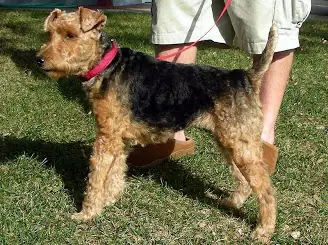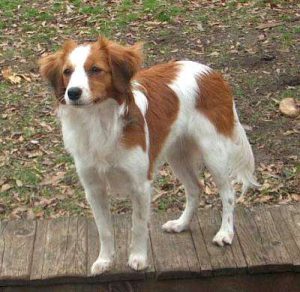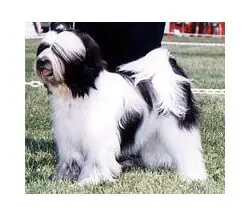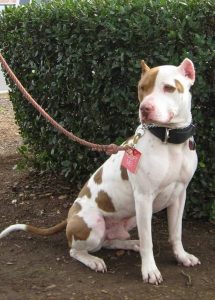Welsh Terrier
Your Next Adventure Awaits Welsh Terrier Rescue

-
Breed Group : TERRIER
-
Origin : Wales
-
Average Height : 14" - 16"
-
Average Weight : 18 - 22 lbs.
-
Life Span : 10 - 14 years
Photo Courtesy info : Welsh Terrier Rescue Service
-
Size
1 2 3 4 5 6 7 8 9 10 -
Energy
1 2 3 4 5 6 7 8 9 10 -
Intelligence
1 2 3 4 5 6 7 8 9 10 -
Ease of Training
1 2 3 4 5 6 7 8 9 10 -
Hypo-Allergenic
1 2 3 4 5 6 7 8 9 10 -
Shedding
1 2 3 4 5 6 7 8 9 10 -
Good with Kids
1 2 3 4 5 6 7 8 9 10 -
Good with Other Pets
1 2 3 4 5 6 7 8 9 10 -
Guard Dog
1 2 3 4 5 6 7 8 9 10








